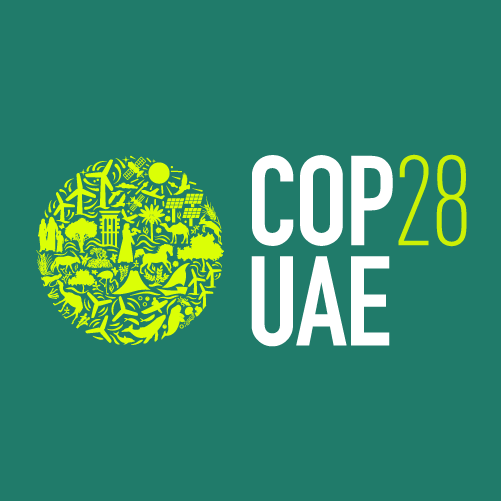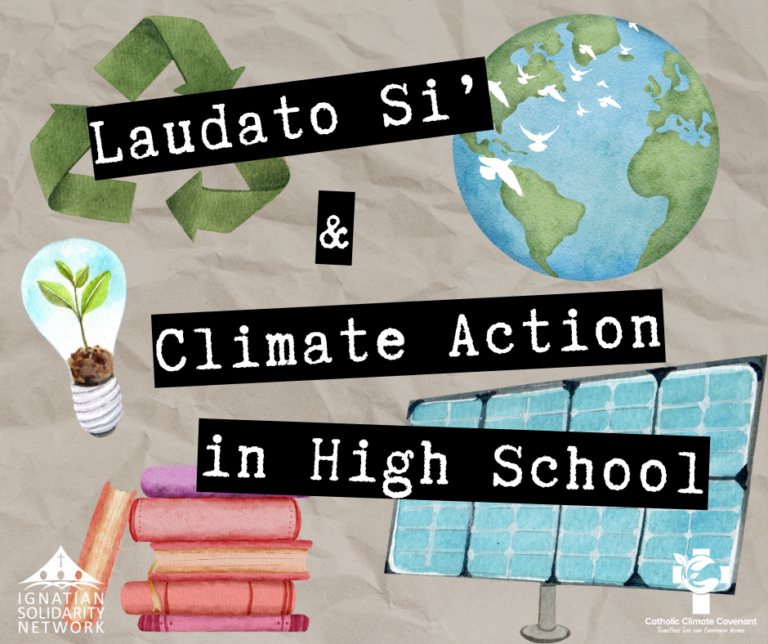While global leaders gather for COP28, the UN-led climate summit, people of faith have important roles to play in their own communities, climate scientist and Christian activist Dr. Katharine Hayhoe said during a webinar co-hosted by Catholic Climate Covenant and the Laudato Si’ Movement.
“Climate action does not begin at COP,” Hayhoe said during the COP28-inspired webinar, “Faith Voices at COP28.”
“Climate action begins wherever you are today with a conversation that helps people connect their head to their heart and their heart to their hands. What that means is that wherever you are is exactly the perfect place to be to catalyze action the world needs.”
Hayhoe, a professor Public Policy and Public Law at Texas Tech University, chief scientist of the Nature Conservancy, and author of the book “A Climate Scientist’s Case for Hope and Healing in a Divided World,” said she was encouraged so far by leaders’ actions at COP28. The climate conference, which runs through December 12 in the United Arab Emirates, is a crucial time for nations to commit to reducing greenhouse gas emission and transitioning to renewable energy sources.
“I’m so heartened that we actually have a piece of good news,” Hayhoe said, referring to an agreement announced on November 30 between the UAE and Germany to contribute “real dollars to helping the poorest and most vulnerable countries.”
Hayhoe said she had planned to study physics before seeing the suffering caused by a rapidly warming world, when she switched to climate science.
“It is not about saving the planet. The planet will be orbiting the sun long after we are gone. It is quite literally about saving us. and by us I mean not only us humans but all of us living things who God has given us responsibility over. As it says in Genesis Chapter 1: we have a God-given responsibility to care for every living thing on this planet, which includes our brothers and sisters as well as all of the other creations that God has blessed this planet with.”
Following Hayhoe, Dr. Christiana Zenner, an associate Professor of Theology, Science and Ethics in the Department of Theology at Fordham University, encouraged the hundreds of people watching the webinar online to channel their energies into local actions.
“Where you need to be is exactly where you are,” Zenner said. “What’s going on in your watershed? How’s agriculture looking? What’s impacting your communities? How does marginalization or migration look in your community? What does the world need?”


